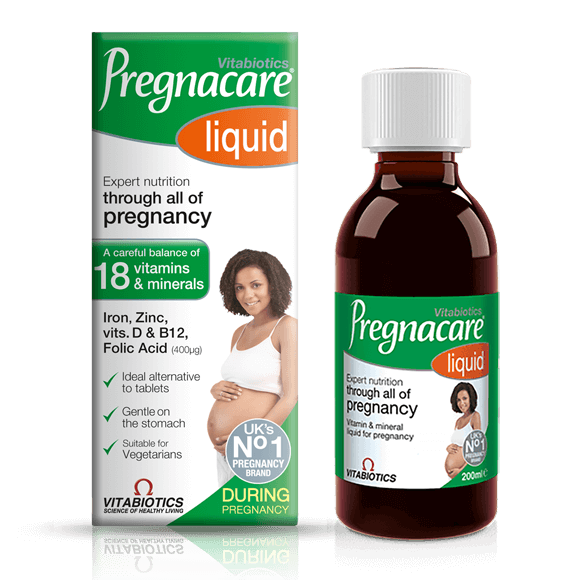Is Exercise In Pregnancy Safe? Read Our Guest Post From The Active Pregnancy Foundation
We know many women have questions about being active during pregnancy, what activities they can and can’t do when expecting a baby, and where to turn to for guidance. The Active Pregnancy Foundation helps support women to stay active throughout pregnancy and beyond, by providing expertise & advice, changing culture & challenging policy.
Make sure you read out guest post by Sally Kettle & Dr Marlize de Vivo from the Active Pregnancy Foundation on staying active when you’re expecting a baby.
Pregnancy Exercise And Safety by Sally Kettle & Dr Marlize de Vivo, Active Pregnancy Foundation
We, at The Active Pregnancy Foundation, know many women are concerned about being active during pregnancy and fear that it may potentially harm their baby or put their pregnancy at risk. We also know that many women are confused about what they can and can’t do, and where to turn to for guidance.
So, we’ve made it our mission to empower women with this information allowing them to enjoy and benefit from being active throughout their childbearing years. We do this by providing evidence-based resources, collaborating with topic experts and key organisations, and educating and upskilling healthcare and fitness professionals.
It’s a huge job, but we’re up for it and we hope this blog gives you the confidence to find out more, ask questions, and be active in a way that works for you.







Comments (0)